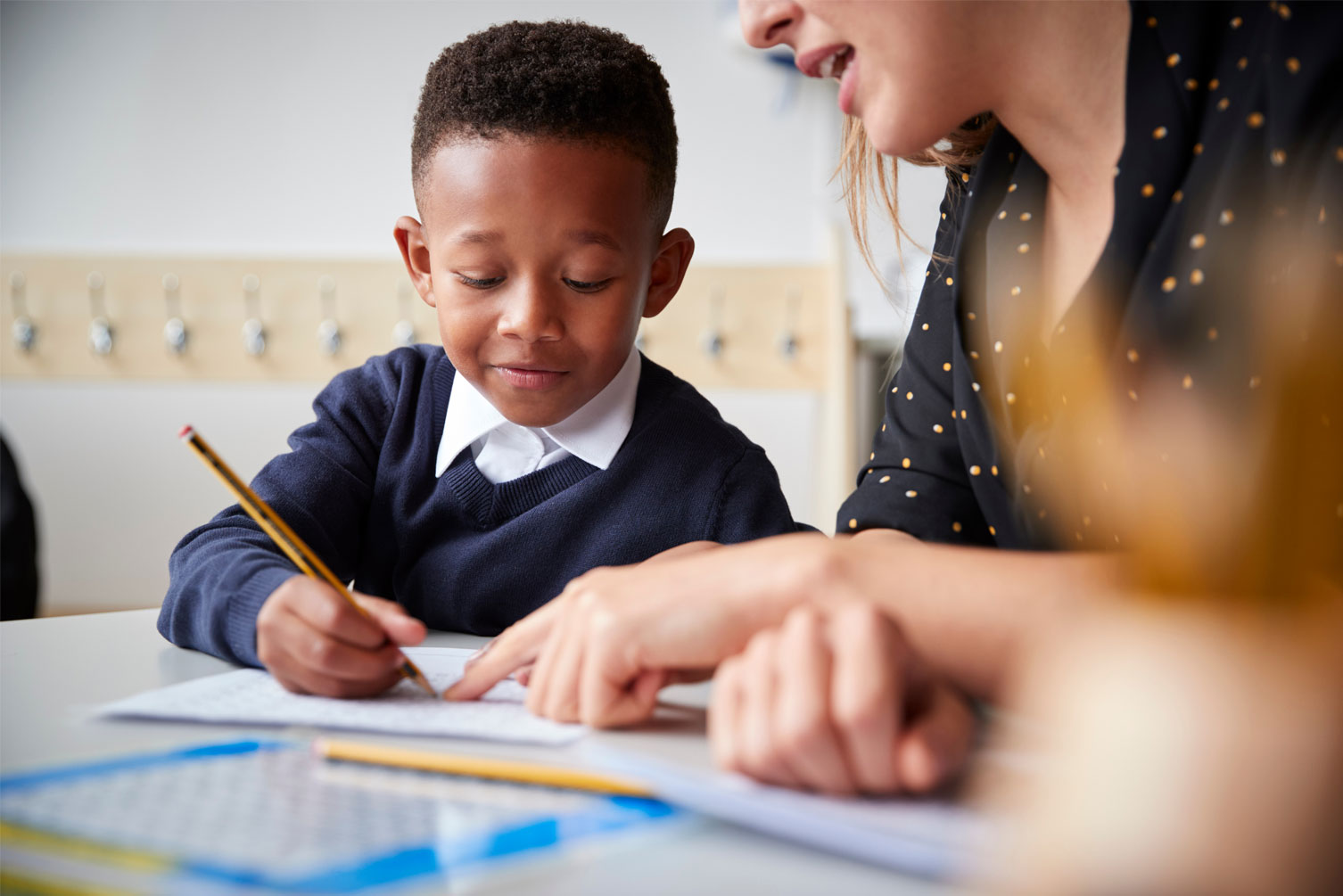
School can feel like a big step, not just for your children but for you too! You’ve got to choose a suitable school, buy all their uniform and think about what to include in their backpack.
In our guide, you can find out more about what age kids have to go to school, as well as some of the things they might already know for their first day.
Children usually start school the September after their fourth birthday. For example, if they turn four in October 2025, they would start reception the following September (2026). If they turn four in June 2026, they would also start in September 2026.
School is compulsory over the age of five. This means you can defer their place until they turn five, but they must start full-time education from the school term after their fifth birthday. Deferring can work well for those children that are the youngest in the year (July and August birthdays) if you don’t believe they are ready. You can defer them so they start later that same school year (in the January, for example, instead of September) or they can start the following school year, skipping reception and going straight to year one. They can even start part time.
Your child may be able to start primary school early, but this will be at the discretion of the school. They could ask why you want them to start early, and they might carry out a basic assessment to see where their skills are at and whether starting early would be beneficial or not. In some cases, they may suggest that they attend a nursery for early education, instead. The government website has more details about free childcare for three and four year olds.
If a nursery isn’t what you’re looking for, you could look out for some educational play sessions or lessons for toddlers and young children in your area to encourage learning.
Before your child starts school, they should be able to perform some tasks on their own and have a basic level of education when it comes to numbers and letters.
Many schools actually prefer the children to do tasks that make them more independent, such as going to the toilet independently, recognising their name and washing their hands, than educational skills like counting. It leaves them free to teach reading, writing and numbers with children that already understand how to do basic tasks.
Below, you can find some of the things your child might know before starting school. These are things that your child could be doing, but the list shouldn’t be used as a test ‒ each child is different and develops in their own time.
Don’t be worried if your child isn’t doing some or all of these things yet. Some children will be nearly five when they start school, whereas some won’t turn five for a few months, so developmentally, they may be at different stages. However, if you want to help your child learn before they are ready for school, these skills are a great place to start.
If your child appears apprehensive or nervous about starting school, then have a discussion with them about it. Explain what they’ll be doing and what they will learn, making it sound fun and exciting!
Author: Click Consult, published 14-12-2023.